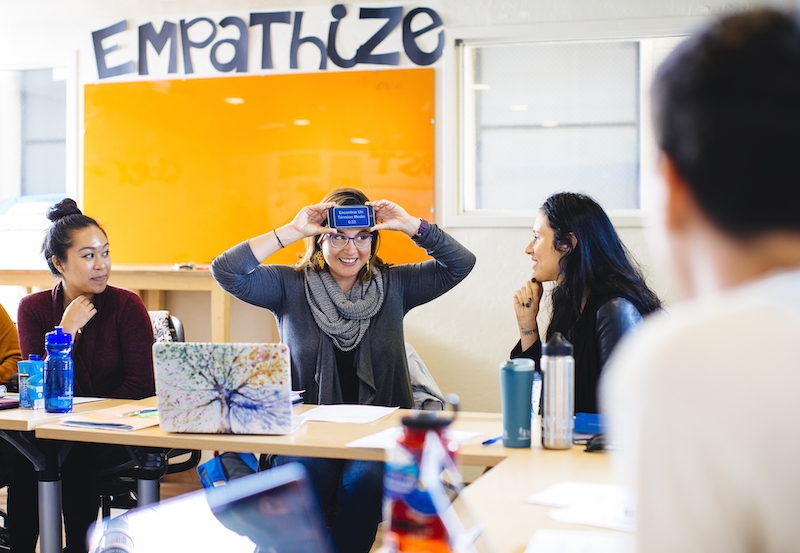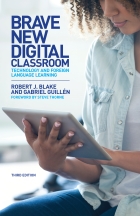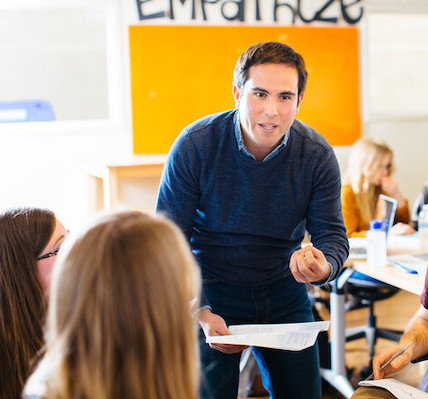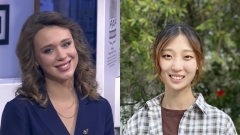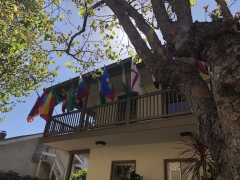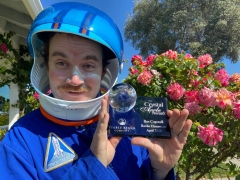Learning in Crisis: Researching Impact of COVID-19 on Professional Fields
| by Eva Gudbergsdottir
Two Middlebury Institute students share their research the impact of the global pandemic on their chosen fields of nonproliferation and language services.

